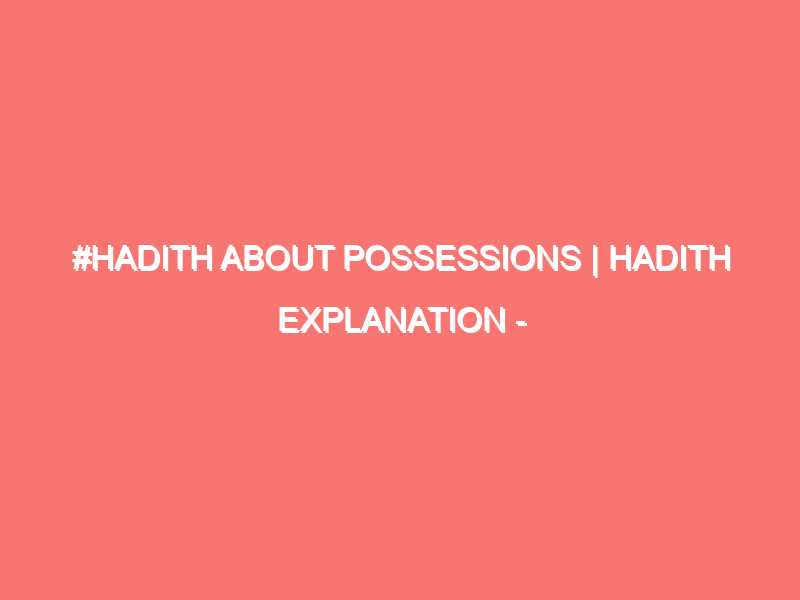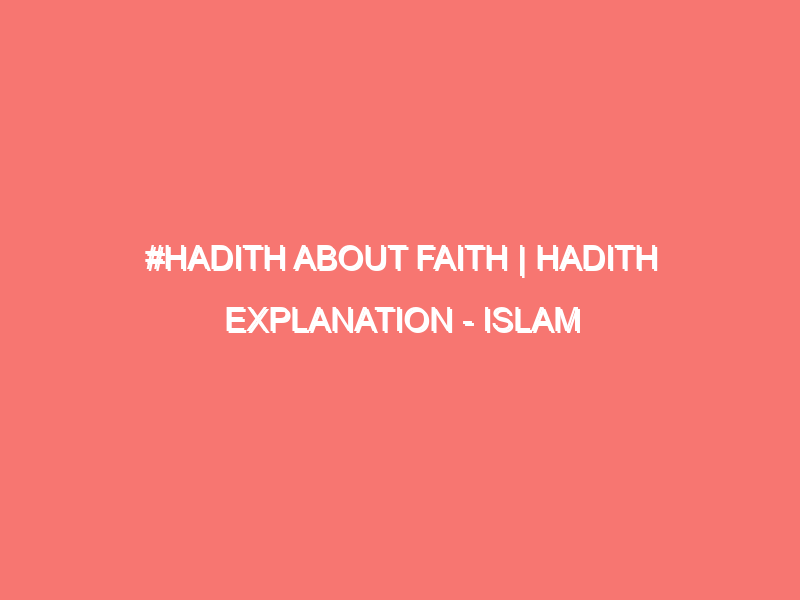#Hadith About Obligatory Prayers | Hadith Explanation – Islam Peace Of Heart
Hadith About Obligatory Prayers
Translation:
A man asked the Messenger of Allah (may Allah bless him and give him peace): Do you think that if I perform the obligatory prayers, fast in Ramadan, treat as lawful that which is lawful and treat as forbidden that which is forbidden, and do nothing further, I shall enter paradise? He said: Yes.
Explanation:
This Hadis clearly tells us that whoever performs his obligatory religious duties like prayer and fasting and differentiates between the lawful and the unlawful will be rewarded with Paradise.
Prayer is the foremost duty of a Muslim and a chief pillar of Islam. It is the distinguishing feature between a Muslim and a non-Muslim. The Holy Prophet PBUH said:
“He who gives up prayer has indeed disbelieved.” (Tirmizi)
In the Quran, prayer is referred to as sustenance for the human soul. A man who does not pray must be regarded as spiritually dead.
Read More:
Fasting is another pillar of Islam. By prescribing a month long fasting, Allah wishes to teach us self-restraint and to make us righteous and God – fearing. The Holy Prophet PBUH said:
“If a person does not abstain from telling lies or doing wrong when he is observing fast, let it be known to him that Allah does not want that he should stop taking his food. ” (Bukhari)
The Holy Prophet PBUH is reported to have said that if a Muslim offers the five daily prayers regularly and observes fasting, he shall be forgiven. (Ahmad)
Islam has clearly defined the things which are lawful and those which are unlawful. If we avoid the unlawful ones, we shall be rewarded by Allah. The Holy Prophet PBUH said:
“What I have forbidden to you, avoid, what I have ordered you, do as much of it as you can. ” (Bukhari, Muslim)
About the Holy Prophet PBUH, The Quran says: Translation
“He allows them as lawful what is good (and pure) and prohibits them from what is bad (and impure)” (7:157)
The Holy Prophet PBUH has clearly shown us by his conduct in his life how to apply the laws of Allah to practical life.








Post Comment